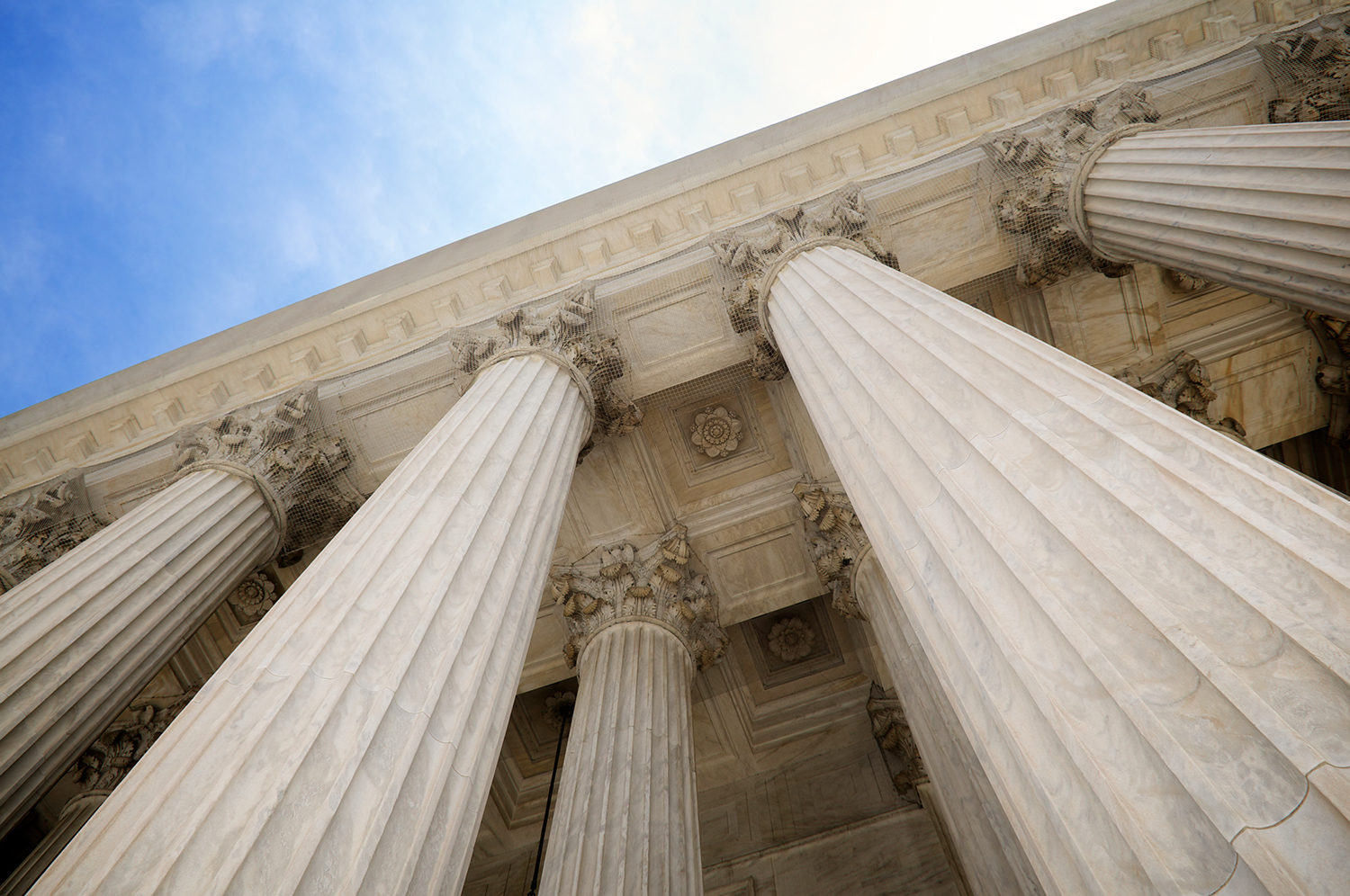Rules: Charter Applications in Criminal Cases, Consultation Memorandum 12.19
This memorandum addresses procedures for Charter applications in criminal cases tried in the Court of Queen's Bench of Alberta. The Committee addressed some background issues bearing on the development of Rules of Court for Charter application procedures, including the need for Rules to follow established legal principles, to provide for "fair notice" of applications, and to preserve judicial discretion. Charter applications outside of the Court of Queen's Bench of Alberta are also reviewed. The current state of Charter application regulation in the Court [...]


